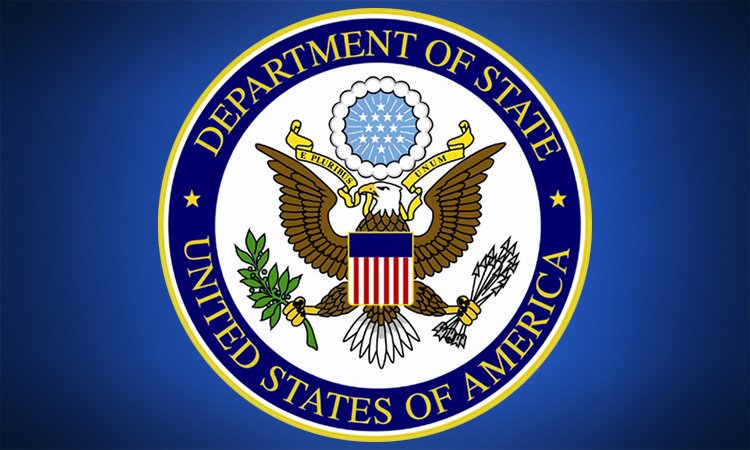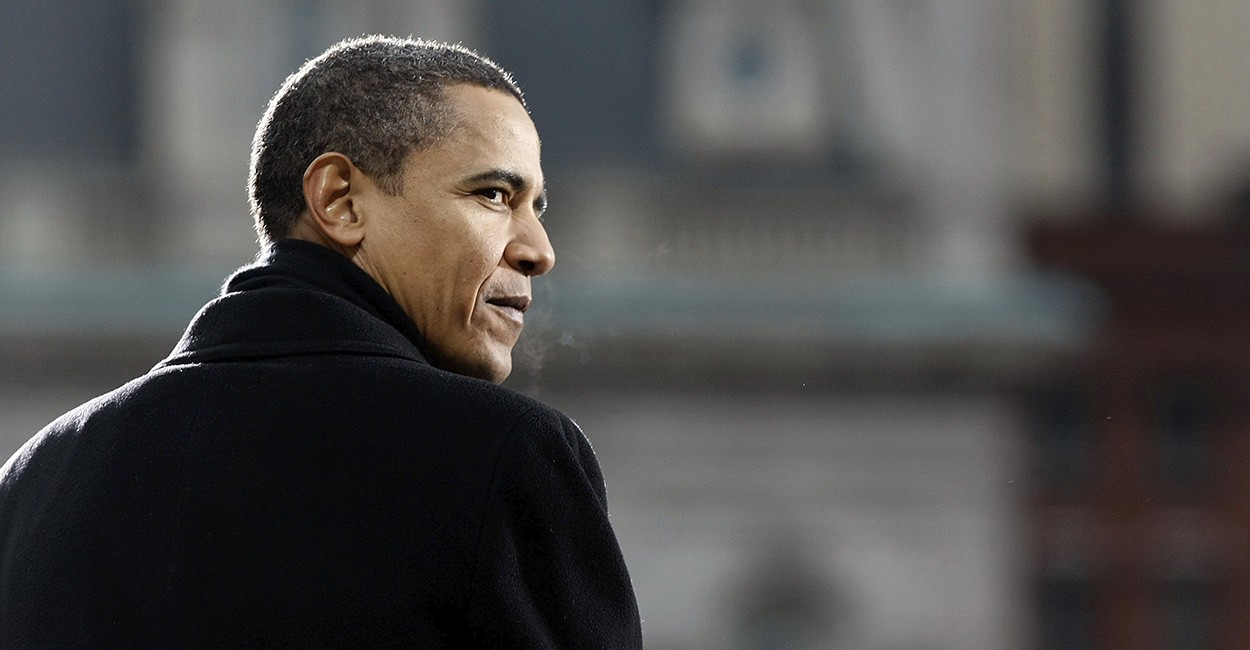Congress—you’ve been warned. In January’s State of the Union address, President Obama laid the groundwork for what will perhaps be a difficult term for the newly elected Republican Congress. From the November elections, Republican elects promised constituents a clear, resonating message: we’re going to get things done. Perhaps in an effort to diffuse this surge of energy from the red sweep in November, President Obama revealed to Congress and to the nation that he will not bow to a Republican-controlled Congress. “We can’t put the security of families at risk by taking away their health insurance, or unraveling the new rules on Wall Street, or refighting past battles on immigration when we’ve got a system to fix,” President Obama said in the annual address. “And if a bill comes to my desk that tries to do any of these things, it will earn my veto.” So how serious were President Obama’s remarks? And how are they affecting legislation?
So far in the 114th Congressional session, the Obama administration has issued ten veto threats, topping it off with the promise to veto H.R. 596, a plan to repeal “Obamacare” entirely and replace it with a new system. In a statement, the Obama administration said: “The last thing the Congress should do is refight old political battles and take a massive step backward by repealing basic protections that provide security for the middle class. Right now, the Congress needs to work together to focus on the economy, helping middle-class families, and creating jobs. If the President were presented with H.R. 596, he would veto it.”
In late February, President Obama issued his third veto in six years to block legislation authorizing the completion of the Keystone XL Pipeline, an oil pipeline running from Texas to Canada. While opinions on the bill were mostly divided among party lines (with Democrats against and Republicans in favor), nine Democratic senators crossed the aisle to vote yes. Many argued that the pipeline would further the United States’ progress in becoming energy-independent and would create jobs, but President Obama released in a February 24th statement: “because this act of Congress conflicts with established executive branch procedures and cuts short thorough consideration of issues that could bear on our national interest – including our security, safety, and environment – it has earned my veto.”
A veto is an extremely powerful action given to the executive branch. Latin for “I forbid,” a veto is an option available to the president to block the passage of a bill. It can only be overridden by a 2/3 vote in both the House and the Senate. In the entire six years of his presidency, President Obama has only used the veto pen three times. This makes the veto count under his administration the lowest since President Garfield’s short 200-day term over a century ago. President Obama’s threats to veto, however, have been more numerous.

Last fall, Republican candidates for Congress all seemed to share a common goal: to get Washington working again. However, Congress has found itself stuck in the midst of more gridlock. Republicans are pointing fingers at the President, blaming their inability to pass bills on his refusal to approve anything he doesn’t agree with. Conversely, the White House is passing the blame to the Republicans, claiming that they are only proposing legislation that President Obama has already made clear he opposes.
Last month, Congressman Jody Hice spoke to the UGA College Republicans chapter. When asked whether President Obama’s veto threat has affected the way Congress writes bills or the kind of bills they are proposing, Congressman Hice responded that House Republicans are concerned with fulfilling what they were elected to do, and they will continue to do so regardless of the President’s threats. Congressman Hice is not alone either. “I think this was a tremendous missed opportunity for this administration,” said Senator Richard M. Burr (NC – R). “When you start out with multiple veto threats and you show no willingness to even meet somewhere in the middle on issues that have been percolating for some time, it gives you very little hope that there’s going to be a breakthrough.”
Despite Republican efforts, the President doesn’t seem to be budging. With the inclusion of four veto threats in the State of the Union, President Obama has also recently promised a veto on a future Iran sanctions bill. In a January briefing Press Secretary Josh Earnest stated, “Right out of the gate we see that the new Republican majority in Congress is actually recycling old legislation that they know that the President strongly opposes.” He added, “It doesn’t send a very clear signal that this new Republican Congress is ready to pursue a different political strategy than the one that they’ve pursued for the last four years.”
As the blame game continues, the workings of the legislative process grow stagnant and Americans have become frustrated with their government. Congressional Republicans, flaunting over fifty attempts to defund Obamacare, report back to constituents with news of defeat, yet determination; President Obama refuses to throw a single crumb to a Republican-controlled Congress in order to preserve his legacy as a strong reformer. And here we are—we the people—paralyzed by a bickering democracy.


